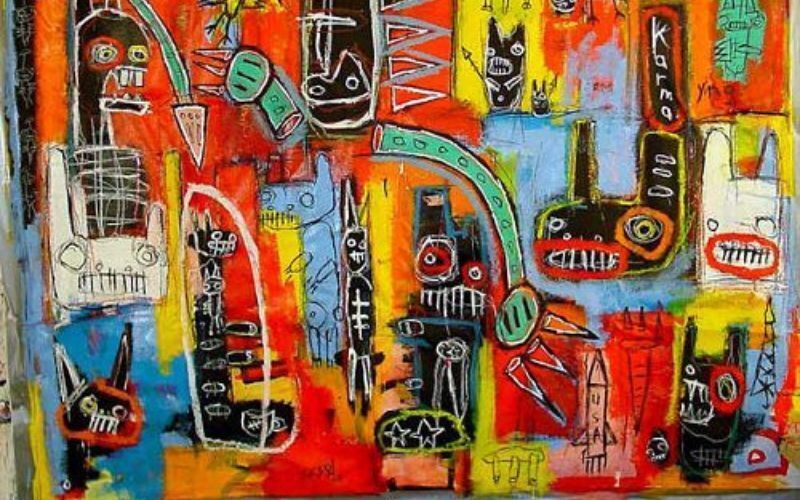No Longer Playing It Safe
by bell hooks
To work for peace and justice we begin with the individual practice of love, because it is there that we can experience firsthand love’s transformative power. Attending to the damaging impact of abuse in many of our childhoods helps us cultivate the mind of love. Abuse is always about lovelessness, and if we grow into our adult years without knowing how to love, how then can we create social movements that will end domination, exploitation, and oppression?
To begin the practice of love we must slow down and be still enough to bear witness in the present moment. If we accept that love is a combination of care, commitment, knowledge, responsibility, respect, and trust, we can then be guided by this understanding. We can use these skillful means as a map in our daily life to determine right action.
When we cultivate the mind of love, we are cultivating the good, and that means “recovering the incandescent power of love that is present as a potential in all of us” and using “the tools of spiritual practice to sustain our real, moment-to-moment experience of that vision.”
To be transformed by the practice of love is to be born again, to experience spiritual renewal. What I witness daily is the longing for that renewal and the fear that our lives will be changed utterly if we choose love. That fear paralyzes. It leaves us stuck in the place of suffering.
When we commit to love in our daily life, habits are shattered. Because we no longer are playing by the safe rules of the status quo, love moves us to a new ground of being. We are necessarily working to end domination. This movement is what most people fear. If we are to galvanize the collective longing for spiritual well-being that is found in the practice of love, we must be more willing to identify the forms that longing will take in daily life.
Folks need to know the ways we change and are changed when we love. It is only by bearing concrete witness to love’s transformative power in our daily lives that we can assure those who are fearful that commitment to love will be redemptive, a way to experience salvation.
About the Author
Gloria Jean Watkins, better known by her pen name bell hooks, is an American author, professor, feminist, and social activist. Excerpt above from this article.
This article was originally posted on Service Space.

